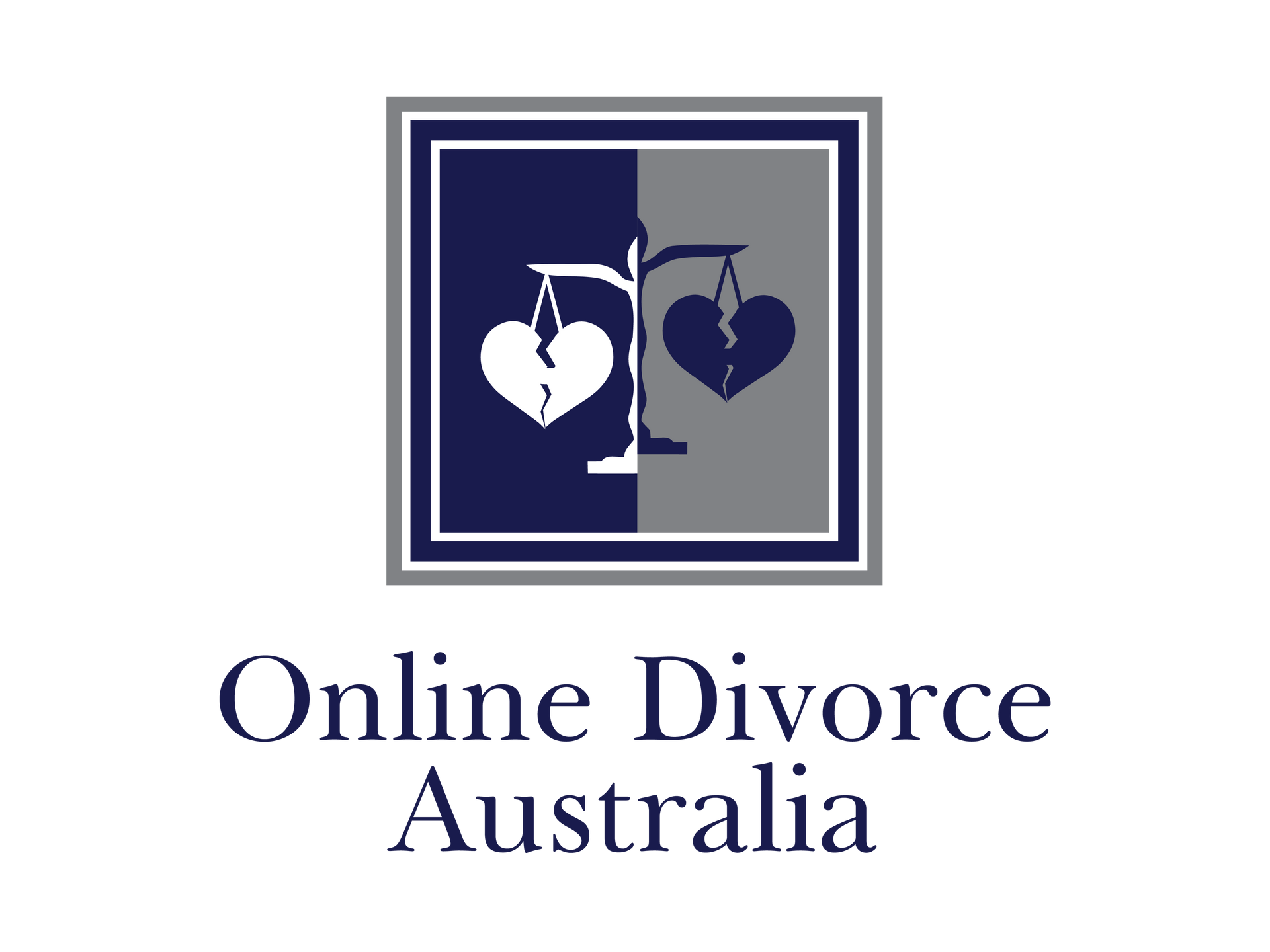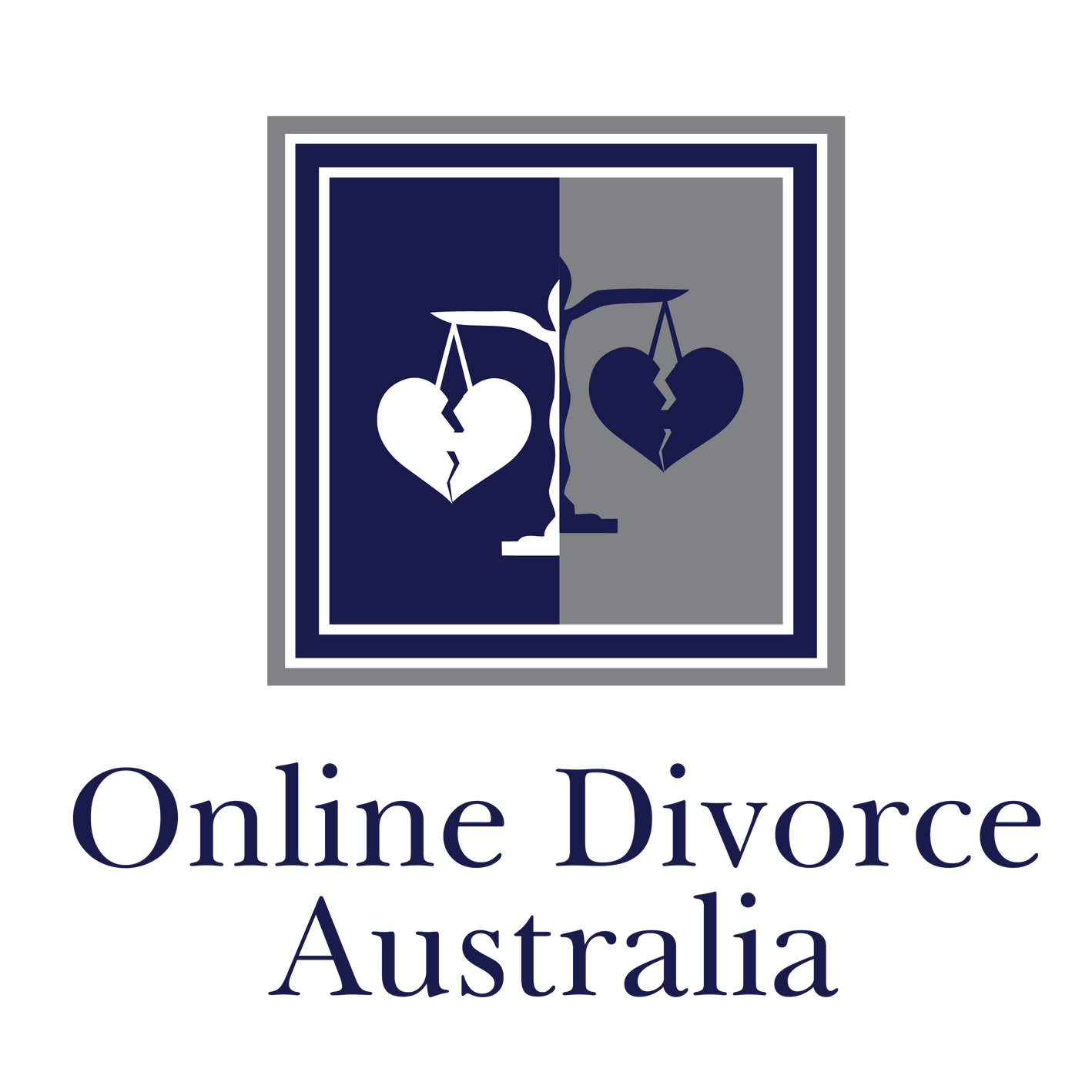Domestic Violence and Its Profound Effect on Custody Decisions
Domestic violence is a critical issue that significantly influences custody decisions under Australian family law. The guiding principle of the Family Law Act 1975 is the best interests of the child, which directs all decisions concerning child custody and visitation.
Understanding Domestic Violence in Family Law
Domestic violence includes a spectrum of abusive behaviours, such as physical, emotional, psychological, and financial abuse. The Family Law Act defines family violence as any violent, threatening, or controlling behaviour that induces fear in a family member. This comprehensive definition ensures the courts address various forms of abuse.
How Domestic Violence Influences Custody Decisions
1. Best Interests of the Child
The child's best interests are the paramount consideration in custody decisions. The court assesses several factors, prioritising the child's safety and well-being. Protecting children from physical and psychological harm, including exposure to domestic violence, is crucial.
2. Presumption of Shared Parental Responsibility
Generally, Australian family law assumes both parents should share parental responsibility. However, this assumption is void if there are reasonable grounds to believe that a parent (or someone living with a parent) has engaged in family violence or abuse. In such scenarios, the court may grant sole parental responsibility to one parent to safeguard the child.
3. Impact on Contact Arrangements
When deciding child contact arrangements, the court considers any existing domestic violence orders (DVOs) and their circumstances. A DVO doesn't automatically bar a parent from seeing their child, but it heavily influences the court's decisions. Depending on the severity and nature of the violence, the court may order supervised contact or, in extreme cases, no contact.
4. Supervised Contact
If the court deems unsupervised contact with a parent potentially harmful, it may mandate supervised visits. These visits can occur at a contact centre or under the watch of a trusted third party, ensuring the child's safety during interactions.
5. No Contact Orders
In severe instances where any contact with the abusive parent would harm the child's well-being, the court might prohibit contact entirely. This decision prioritises the child's safety and emotional health.
Additional Considerations in Custody Cases Involving Domestic Violence
The Family Law Act specifies considerations for the court in cases of domestic violence:
- Nature and Circumstances of the Violence: The court examines the type, frequency, and severity of the violence and its context.
- Impact on the Child: The physical and psychological effects of the violence on the child are thoroughly evaluated.
- Parental Capacity: Each parent's ability to care for and protect the child is assessed.
- Child's Views: Depending on the child's age and maturity, their views may also be considered.
Legal Framework and Protections
1. Domestic Violence Orders (DVOs)
DVOs are legal measures designed to protect victims of domestic violence by restricting the abuser's behaviour. These orders can prevent the abuser from contacting or approaching the victim and their children, playing a crucial role in custody and visitation decisions by highlighting the need for protective measures.
2. Family Court Interventions
The Family Court can implement various actions to ensure children's safety in domestic violence cases. These actions include appointing an Independent Children's Lawyer (ICL) to represent the child's interests, ordering psychological assessments, and obtaining evidence from police and child protection agencies. The court may also require the abusive parent to attend parenting programs or counselling.
3. Mediation and Family Violence
Typically, parents must attend mediation before seeking court orders for parenting arrangements. However, in domestic violence cases, this requirement can be waived to avoid endangering the victim. The court acknowledges that mediation may not be suitable when there is a significant power imbalance due to abuse.
Conclusion
Domestic violence significantly impacts custody decisions in Australia, with the child's best interests as the primary concern. Courts strive to balance the child's need for meaningful relationships with both parents while ensuring their safety from harm. Legal tools like DVOs and the court's protective measures are vital in safeguarding children in these situations.
If you're facing a custody battle involving domestic violence, it's essential to seek legal advice to understand your rights and the protections available for you and your child. At Maatouks Law Group, our experienced Family Lawyers in Sydney can provide the guidance and support you need during this challenging time.



